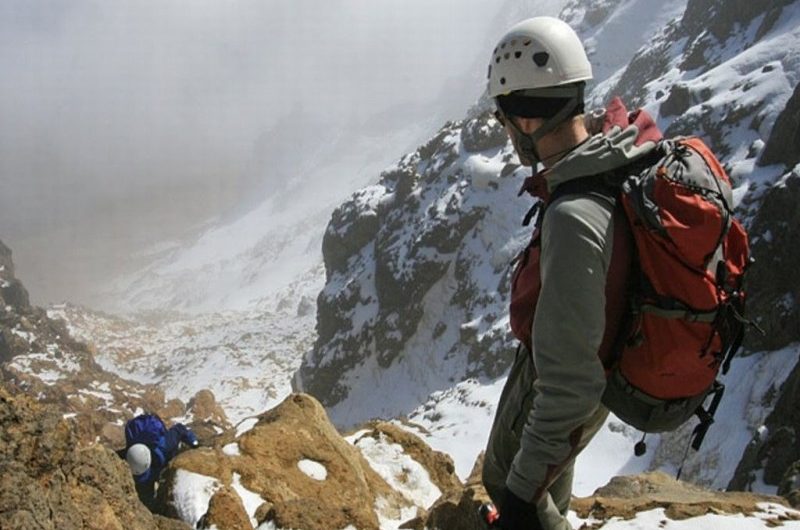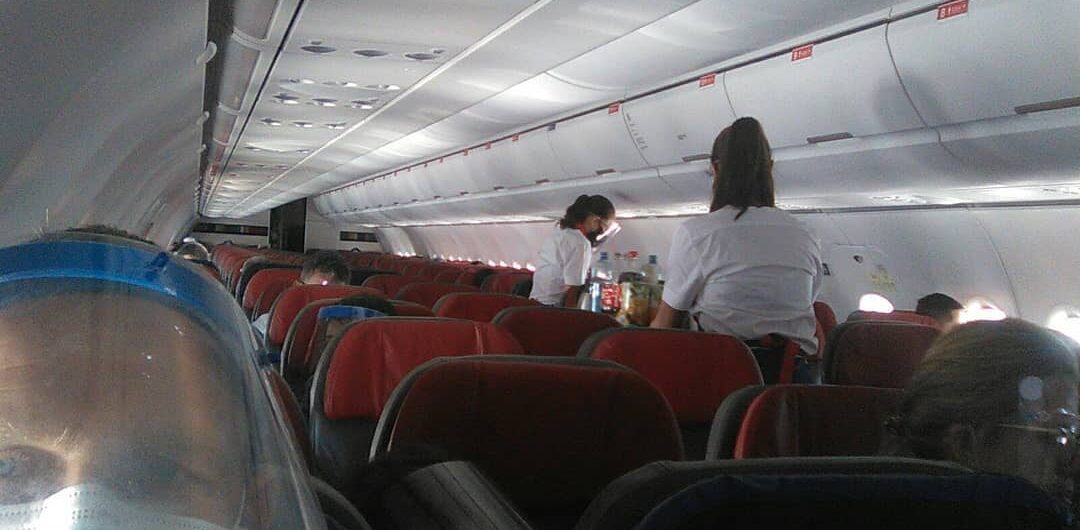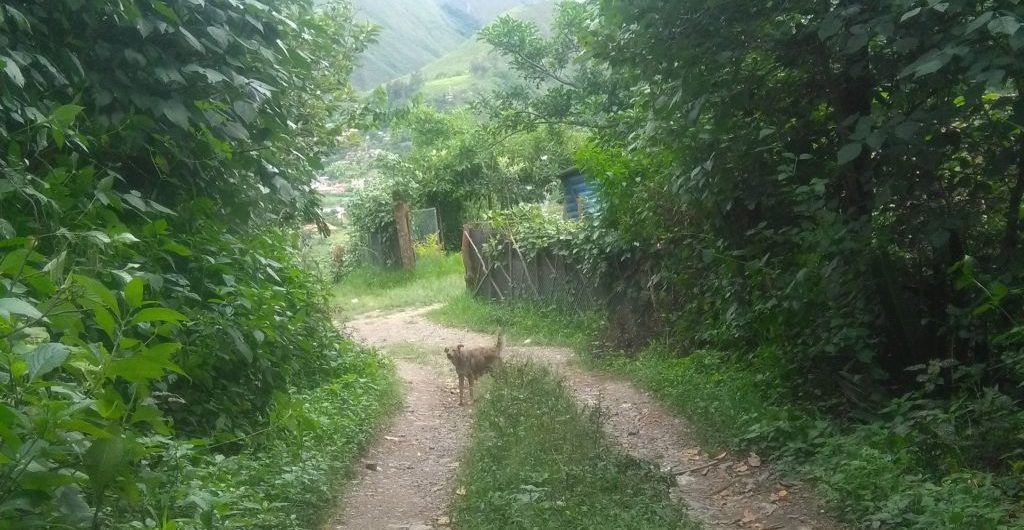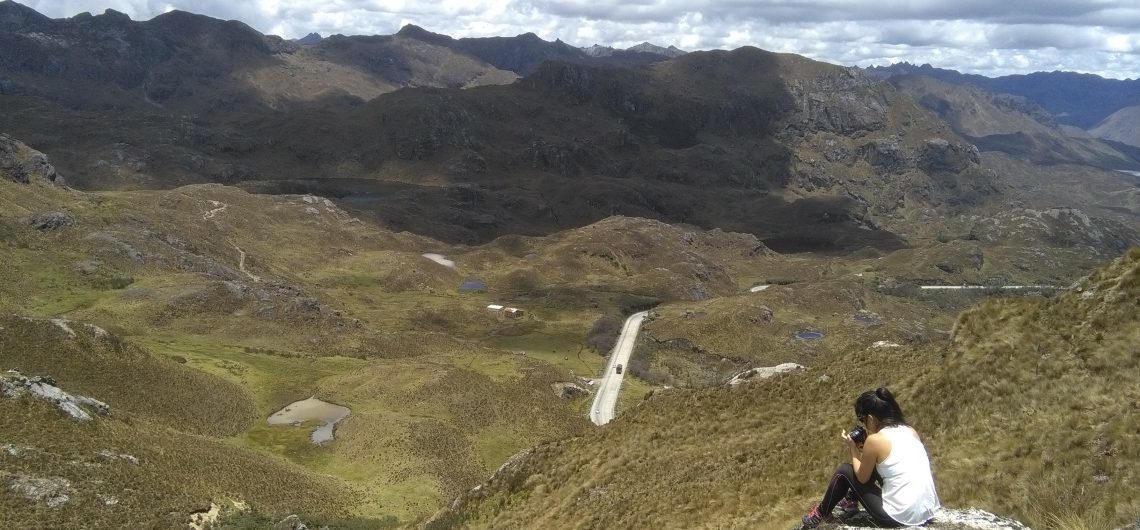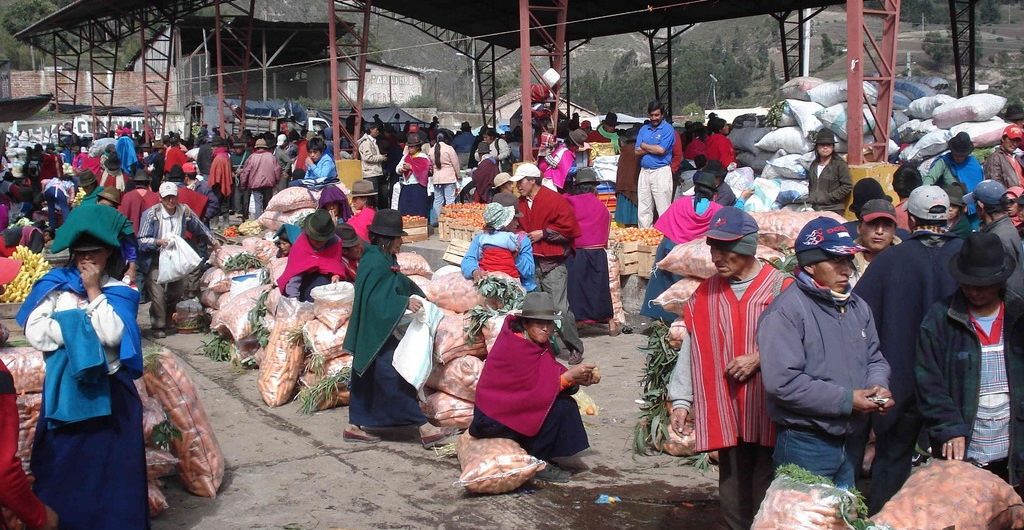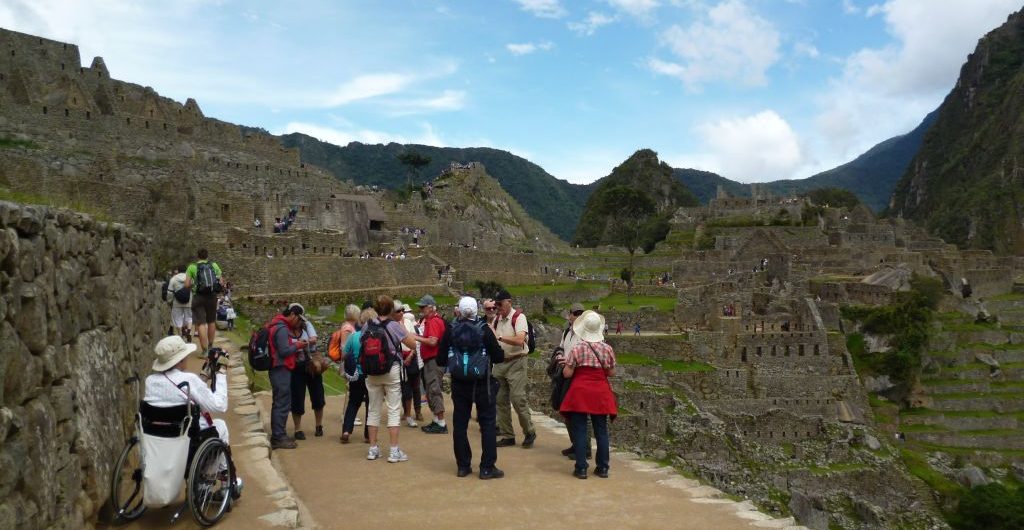When people plan their tour into Bolivia they frequently ask us about the current safety conditions in Bolivia They are worried about getting robbed, or getting stuck behind road blocks. To be honest, traveling in Bolivia is more adventures than in many other countries and yes, there are realistic risks of getting stuck behind a road block. Although the last few years it is happening less than in the past, the Bolivians still like their protest and road blocks. It is almost part of your cultural experience while traveling in Bolivia. And as for robbery, the risks are just as big, or small as in many countries around the world. However, there is another risk, which is much more likely
The safety in Ecuador is currently a hot topic for travellers who want to visit this beautiful country. So naturally one of the first questions people ask us when they want to book a tour in Ecuador is: “How safe is it to travel in Ecuador?”. They are worried about getting involved in gang violence, getting robbed, or getting stuck in a protest with indigenous people. Although these risks exist, it is not common that tourists in Ecuador get involved in any of them. However, there is another risk, which can affect your holiday in a negative way if you don’t prepare well. This risk is called altitude sickness in Ecuador and start for some travellers already when they arrive
Altitude sickness while traveling in Peru, Bolivia and Ecuador What you need to know while travelling on high altitude locations When you travel to Peru, Bolivia, or Ecuador, you are likely going to travel at an higher altitude than your body is used to. One of the things you have to be prepared for while you travel to higher altitudes and/ or climbing mountains in Ecuador, Peru and Bolivia is altitude sickness or “soroche”. The cause of altitude sickness is because on higher altitude there is less oxygen in the air around us and usually the air is drier. Our body needs to make more red blood cells to compensate the lesser amount of oxygen. For most people the process
Flying in Corona Crisis “Is it worth it to fly from A to B during the Corona Crisis?” I’m sure many people have been asking and are asking themselves this question in this current Covid-19 pandemic. I did the same when I got a job offer in Ecuador, which meant that I had to fly from Peru into Ecuador. I’m in a decent spot with good company and a job that’s just about sustainable, so why would I travel by plane to Ecuador? First of all there was no guarantee that I would be able to keep my job in Peru for the next few months, while the job in Ecuador will be for 6 months. Second, I needed the
Do I need a rabies vaccination before traveling to Ecuador? If you come from a western country, like myself. And if you asked your countries Health Department about the recommended vaccinations before your travels to a developing country, there is a good chance that they recommended you to take an anti-rabies vaccination. Years ago my own Dutch Health Department (GGD) recommended me for my travels to Latin America to also have 3 preventive vaccinations against rabies. These would be about 100 Euro each plus consultation costs. These three injections would then give me 24 hours extra in case I got bitten by a suspicious animal. Normally if you get bitten by a suspicious animal you have 24 hours to start
Travel tips and experiences from solo female travelers who traveled independenty in South America In an age where people stay single longer, it is only logical that there will be more solo travelers, however what surprised me over the years is that I met more solo female travelers than solo male travelers. Research even shows that more than two thirds of the solo travelers are women, which is in contradiction with commonly expected behavior. In general solo male travelers are admired for their bravery and adventurous personality, while solo female travelers are often met with false judgment, concerned tones, and raised eyebrows. Popular questions include: “Are you married? Why not? When are you going to settle down, have a family,
Healthcare while traveling in Ecuador Peru Bolivia Practical information about your health during your travels in South America Visiting new places means that your body has to get used to new surroundings, colder, warmer (stronger sunshine), higher altitude and different food than it is used to. For everyone this can mean something different. Some people adapt quick, others need more time, but in the end almost everyone gets used to their new surroundings. The most important thing is that you listen to your body. Take it easy the first few days and let your body slowly adapt to the new things you eat and the new surrounding you are. Be also careful with using strong medicine against diarrhea like lopromide.
Traveling with Disabilities in South America If you love to travel, but have a disability and/or special medical condition, please don’t think that you will not be able to travel. With the right preperation and experienced local help you might be able to reach places you handn’t imagined, like Inca Citadel Machu Picchu. To start with your preperations we can highly recommend having a look at the following website: More info about travelling with a Disability/ Medical condition On this website you can find information about: – Travelling with a wheelchair – Travelling with Cancer – Travelling with a heart condition – Travelling with someone with dementia – Travelling with high blood pressure / hypertension – Travelling abroad after a


